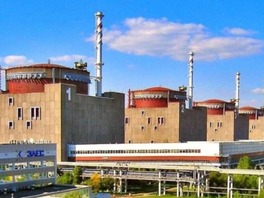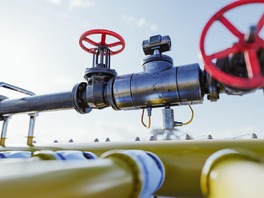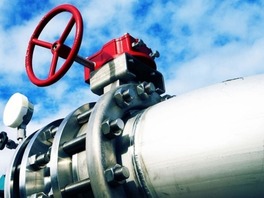German Chancellor Angela Merkel and U.S. President Joe Biden reached an agreement on the Nord Stream 2 pipeline as a result of their negotiations in Washington D.C. The United States and Germany are expected to announce a deal resolving their long-standing dispute in the upcoming days, Reuters reports.
Even though President Biden and Chancellor Merkel failed to settle their differences over the undersea pipeline when they met last week, a deal is now in sight after discussions among U.S. and German officials about the U.S. concerns that the pipeline, which is 98% complete, will increase Europe's dependence on Russian gas, and could rob Ukraine of the transit fees it now collects on gas pumped through an existing pipeline.
Last week, the counterparts could not settle the dispute, but agreed Moscow must not be allowed to use energy as a weapon against its neighbors.
Turning to today’s agreement, according to Reuters, it would avert the resumption of currently waived U.S. sanctions against Nord Stream 2 AG,.
All the details of the agreement are yet to be known, but, according to sources, the deal would include commitments by both sides to ensure increased investment in Ukraine's energy sector to offset any negative fallout from the new pipeline, which will bring gas from the Arctic to Germany under the Baltic Sea.
"It's looking good," one of the sources said, speaking on the condition of anonymity as the talks are still ongoing. "We expect these conversations to reach a resolution in coming days." The U.S. expressed concern that the pipeline will increase Europe's dependence on Russian gas and may deprive Ukraine of transit fees.
A second source said the two sides were nearing an agreement that would assuage concerns raised by U.S. lawmakers, as well as those of Ukraine, Reuters reported. The United States was eager to ensure that Ukraine supported the expected agreement with Germany.
In addition to assurances by Germany regarding its willingness to "reverse flow" gas to Ukraine if Russia ever cuts off supplies to Eastern Europe, the sources said the agreement would include a pledge by both countries to invest in Ukraine's energy transformation, energy efficiency and energy security. It was not immediately clear whether both countries would announce significant government investments, or whether they would seek to leverage private investments in Ukraine.






